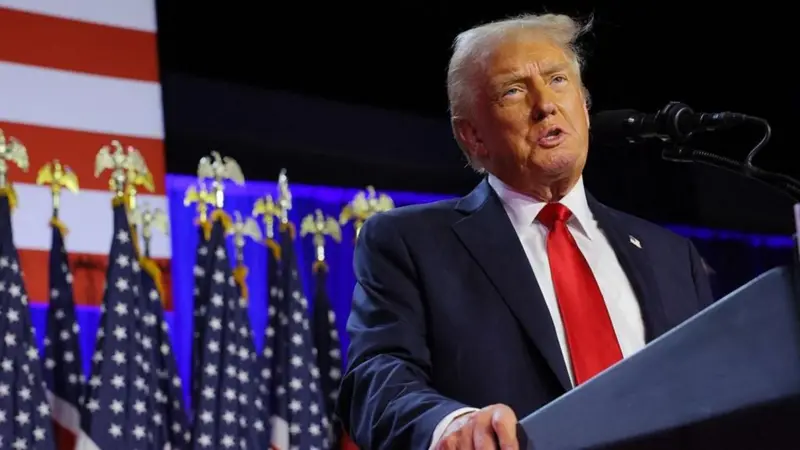
In the wake of a decisive election outcome, President Joe Biden and his inner circle are entering a period of introspection and difficult reassessment. Despite facing criticism for his leadership, Biden’s team is split over how to interpret the loss. On one hand, some believe that Biden should have remained the Democratic candidate due to his strong support in key battleground states, such as the Blue Wall states. On the other hand, others argue that Biden’s diminishing popularity is at the heart of the party’s poor performance, both in the executive and legislative branches.
Another narrative that has emerged, one that Biden himself has voiced, places blame on former President Barack Obama and House Speaker Emerita Nancy Pelosi. According to this view, both leaders undermined Biden’s chances by pushing him aside during crucial moments in the past, notably in 2016 and 2024, in favor of candidates who were perceived to bring more enthusiasm. The argument goes that each time Biden was sidelined, the party lost — despite Biden being the only candidate to have beaten Donald Trump in a previous election. A long-time Biden adviser reflected on this, lamenting that Biden had once again been overlooked in favor of someone else, despite his past victories.
The election result also casts doubt on how Biden’s legacy will unfold in his final months as president. Initially, there were hopes within the White House that Biden would be able to leave office by celebrating his economic successes and foreign policy achievements. However, the election outcome seems to challenge this vision. With foreign leaders now preparing for a potential Trump presidency and voter sentiment strongly criticizing the economy, Biden’s ability to promote his accomplishments in a positive light seems uncertain. Economic issues were central to the election, and the widespread discontent over this aspect has become a focal point in the aftermath.
This moment of reckoning for Biden’s team has spurred a wider debate about the direction of the Democratic Party and whether it needs to adjust its leadership and strategy going forward. As Biden reflects on his tenure and the election results, the question remains whether his legacy will be defined by his resilience in the face of adversity or whether the party’s struggles under his leadership will overshadow his achievements.
Ultimately, the election results signify a pivotal moment for Biden and the broader political landscape. With rising tensions and a divided opinion on his role, the president and his team now face the challenge of reevaluating their position and preparing for what lies ahead, both in terms of governance and their political future. The road ahead will require tough decisions and a clear vision for uniting the party in the face of significant challenges.




